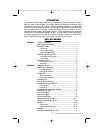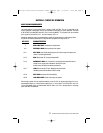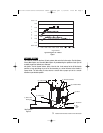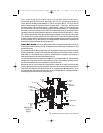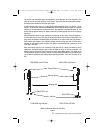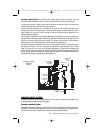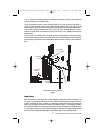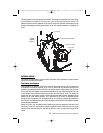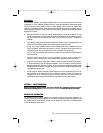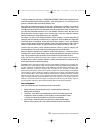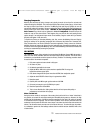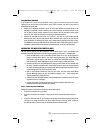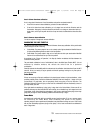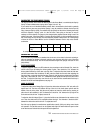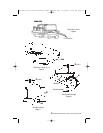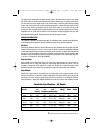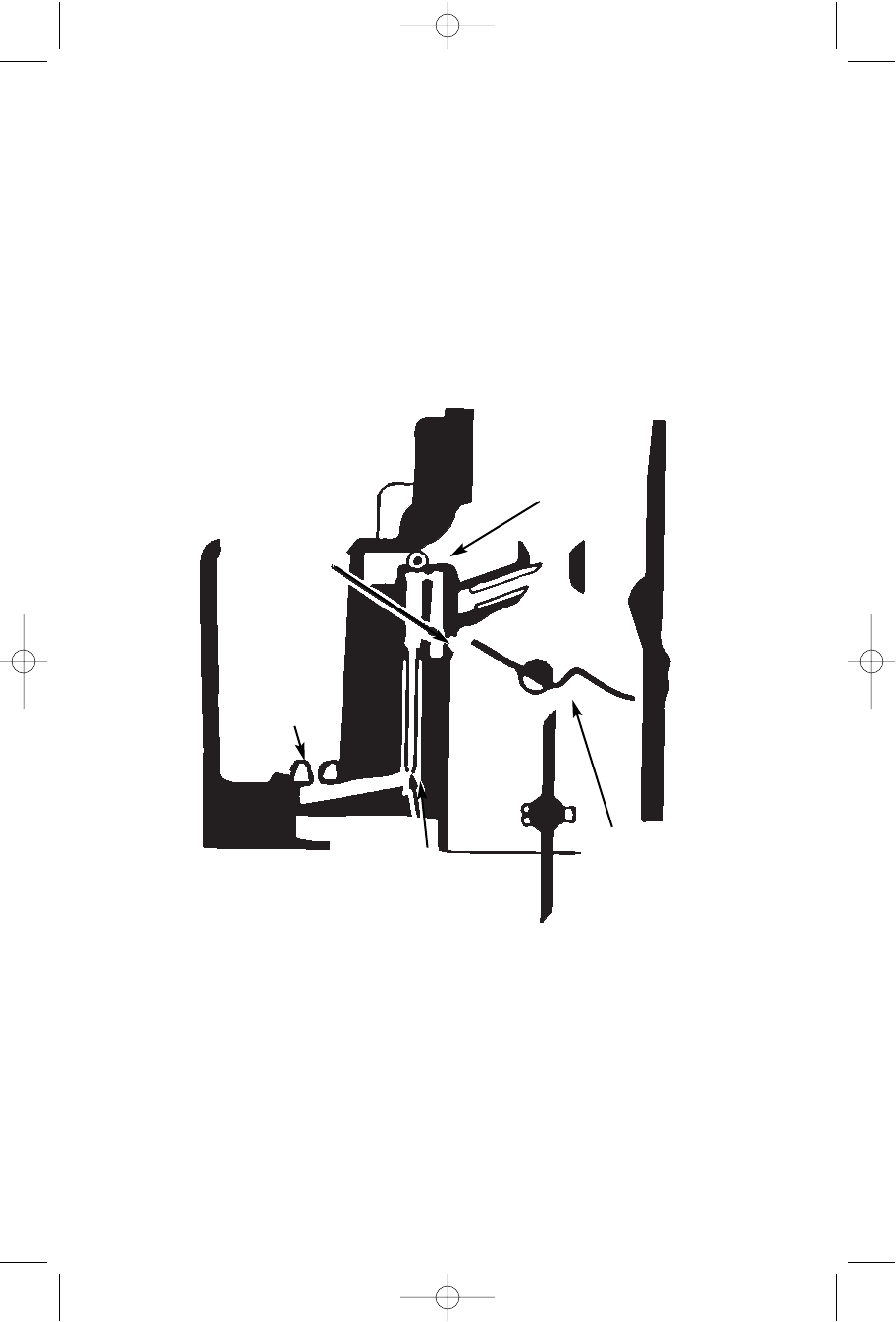
7
Edelbrock Performer Series Carburetor Owner’s Manual 8/94
“bog” or “flat spot” on secondary opening, it is necessary to add fuel by an auxiliary means during the
time the secondary is in the transient phase.
This is accomplished by placing a small Discharge Nozzle (2) at a point just under the Air Valve (1).
The air flow past the edge of the Air Valve creates sufficient pressure drop to pull fuel out of the
Auxiliary System. The fuel must first pass through the Secondary Main Jet (3) to the Secondary Well; it
is then drawn through the Auxiliary Fuel Tube (4) and exits at the Discharge Nozzle (2). There is
always an air-bleed, either in the Auxiliary Fuel Tube (near the top), or as a separate brass restriction
bushing (shown).
The flow of fuel in the Auxiliary System is enough to prevent a lean transient on Secondary opening.
As the Air Valve is opened further by increasing air flow, the fuel flow through this system decreases.
Correspondingly, the fuel flow in the Secondary Main System increases, providing a near constant A/F
Ratio.
Pump System
When the throttle is opened rapidly, the air flow through the engine will increase immediately. The
fuel, since it is much heavier than the air, will “lag” behind. This contributes to a temporary lean A/F
condition. Regardless of cause, a solution is to temporarily enrichen the A/F Ratio by mechanically
pumping a small quantity of fuel into the throat of the carburetor (Figure 7). The Edelbrock carburetor
has a piston that draws fuel into the pump cavity past the plunger lip-seal when the throttle is closing
(1). Upon opening, the lip-seal seats, allowing the plunger to force the fuel through another one-way
valve, the Pump Discharge Ball and Weight (2), and the Pump Jets (3) into the primary throats.
Secondary Auxiliary System
Figure 6
(3) Secondary
Main Jet
(2) Discharge
Nozzle
(4) Auxiliary
Fuel Tube
(5) Air-Bleed
(some PNs)
(1) Air Valve
1403-1413 Perf Series Carburetor Owner's Manual.qxd 3/31/2006 12:10 PM Page 7



